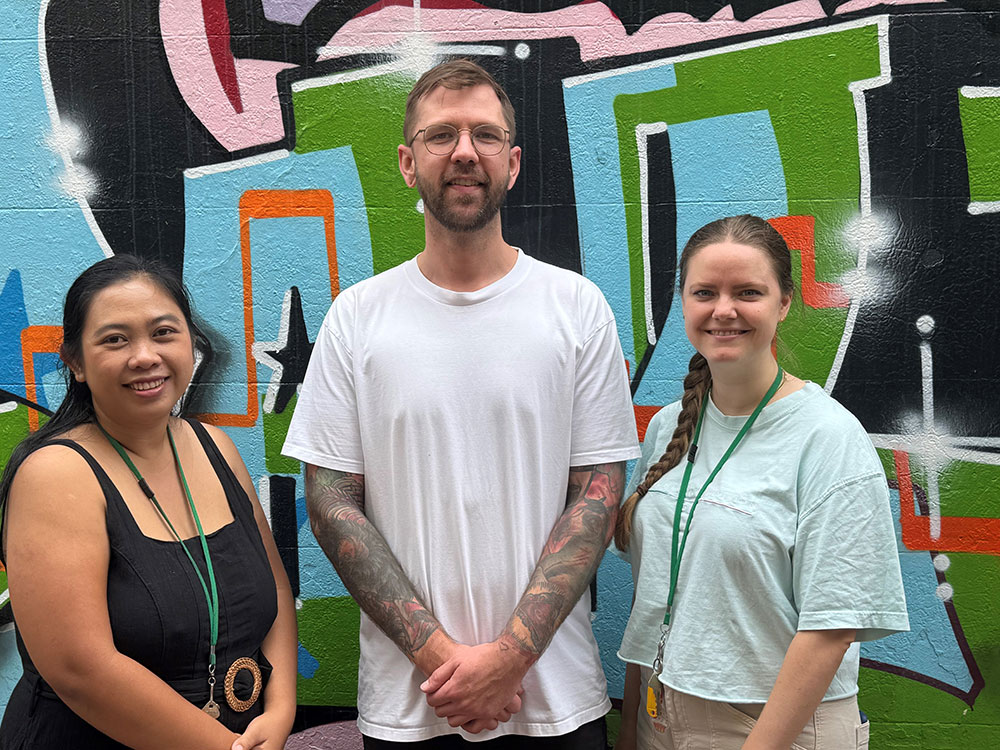This alternative aims to improve the strength and longevity of our road network. VU’s Associate Professor Ehsan Yaghoubi has lab-tested a unique mix of sustainable recycled materials including concrete slabs from old buildings, crushed recycled beer and wine bottles and waste plastic and tyre rubber to backfill sewer trenches underneath roads and other trafficable areas.
Victoria University partnered with for design, construction and site management of the full-scale trial sites, and Ground Science Pty Ltd for technical expertise. The project is funded by Sustainability Victoria through the Recycling Victoria Research and Development Fund – Materials.
It follows an using recycled materials in trenches in non-trafficable areas, like backyards.
“Our roads are not standing up and it is too costly to the pocket and environment to be constantly replacing patches of road,” Professor Yaghoubi said.
This alternative approach to traditional road construction helps to conserve natural sand and gravel, which is becoming scarce, and finds useful applications for waste materials like plastic, tyres, and glass, reducing the amount sent to landfill.”
Months of laboratory testing has found the composition to be as stable – if not more stable – than traditional mixes.
With support from Sustainability Victoria, GWW and Ground Science, the VU team are putting it to the test in a trial site in Sunbury, to ensure it can stand the test of time, weather and load.
The recycled material trench backfill is being tested with truck loads for 9 months to monitor for any cracks or deformations after truck traffic and rainfall – and if successful the application could be very significant.
GWW’s General Manager of Operations and Delivery Solutions, Jodie Hallam said projects like this pave the way for long-term environmental benefits by potentially turning recycled materials into viable products, supporting a circular economy.
“It’s an innovative approach to address landfill waste and offers a cost-effective, sustainable and efficient way to backfill trenches in critical areas while still responding to urgent access requests promptly,” she said.
We see potential to share this technology with our peers across the water industry, expanding these benefits beyond our service region.”
Professor Yaghoubi explained that collaboration with industry partners is key to the success of applied research, overcoming challenges in implementation and bringing the products to use in the real world.”
“We’re talking potentially innovative green construction materials and techniques to build our transport network that could be stronger, cheaper and greener”, he said.








